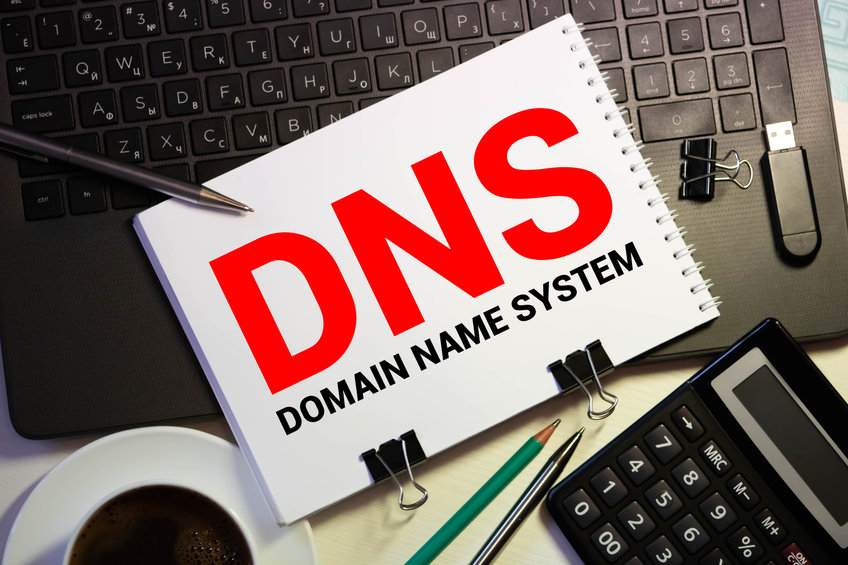So are you interested in boosting your site performance with the power of Cloud DNS service? You probably have plenty of doubts, but don’t worry. Here we will speak about Cloud DNS in an easy way, and we will answer your doubts in a breeze.
DNS in short
DNS or domain name system is how the Internet is organized. Each host has its IP address and services that it uses. To access it and use those services, you will need to find it. The DNS is an international network of name servers that helps you navigate. It will translate your requests from words that you understand or commands on software to the language that the servers speak.
It is one communication level that we use without even knowing it!
DNS uses DNS records. Those are simple text messages with descriptions and instructions that servers understand. They link services, servers, and hosts. Thanks to those records, you don’t need to remember the IP addresses of sites you want to visit. You simply type the domain names in your browser, and you visit the site!
Cloud DNS
Cloud DNS means that you have a service that already has such a network of name servers that can save the DNS records for your domain and offers an easy way to use it.
The “cloud” part means that it is SaaS (software as a service), and you don’t get physically plenty of servers located in different places. You get a way to use them. A part of them through an application, web portal, or another way.
Can you imagine if you rent actual servers and you need to go to each location and set them up? And imagine if they were on different continents!
How does Cloud DNS work?
A Cloud DNS service will provide you a network of DNS servers. You can manage your domain through its interface. It can have a web-based interface or application for managing.
You need to choose if you are going to use it as Primary DNS or Secondary DNS.
It Will contain all the original DNS records (the zone file) or copy them from the authoritative server.
You should set up the zones you will use and add the DNS records for your needs.
Choose the location of your name servers, and set them up accordingly.
Now enjoy the improved performance of your domain.
Cloud DNS benefits
- Redundancy. Having more servers that contain your DNS records means that even if the main one is down, there is a backup somewhere on another server.
- Load balancing. You can configure the servers to work together and understand the traffic. They can redirect it from one to another to reduce the stress on a particular point and provide overall better performance.
- Speed. More servers and located closer to your users will significantly cut the way of each request. This means faster DNS resolving and a smooth experience for your users.
- Scalability. Most cloud services have this trick. You can start small and expand easily with just a few clicks of the mouse.
- Easy to use*. Most of the providers have easy to use control panels, but not all. Pay attention to this when you are checking providers. See the review and what other people are saying about the ease of use and customer service.
- Extra security*. Each provider has its set of measures, but you can expect DNSSEC for secure communication, DDoS protection against traffic attacks, DNS failover mechanism, and various DNS records for authentication of services.
Conclusion
Cloud DNS is a cloud service that will improve the response of your domain at an affordable price. Just make sure that you understand the offer because some providers have unclear plans that might lead to problems.

